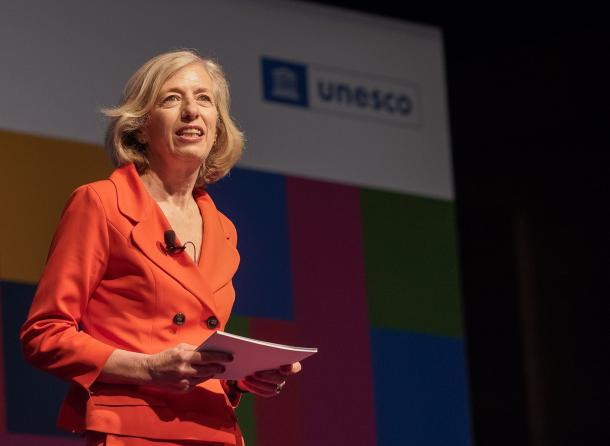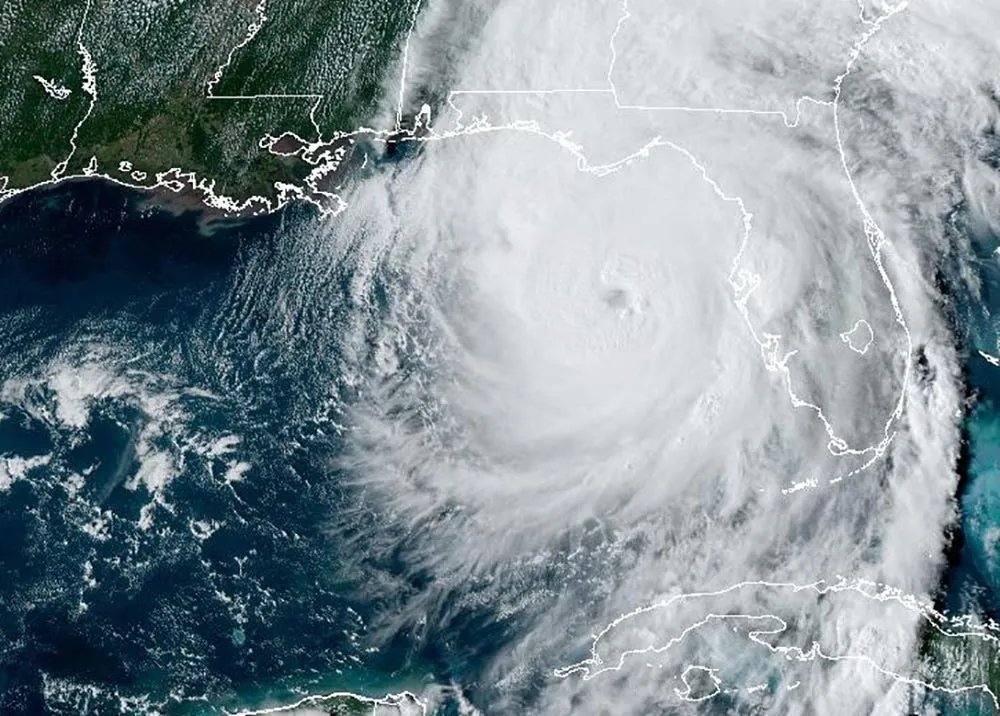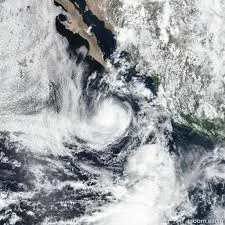
Qatari funding shake up in Scottish college
Qatari Funding Shake up at Scottish College A Complex Intersection of Finance, Autonomy, and Academic Identity
In a development that has captured widespread attention across Scotland's higher education landscape, a historic college in Glasgow has announced a significant restructuring of its partnership with Qatari investors. The revised funding model marks a dramatic shift from the existing framework where financial support provided by Qatar underpinned a range of institution wide initiatives to a more targeted arrangement limited to specific programs and infrastructure projects. Ostensibly designed to respond to evolving strategic priorities and geopolitical sensitivities, the revised agreement has nonetheless prompted intense debate among faculty, students, and industry observers about institutional autonomy, academic integrity, and the future direction of international collaboration in higher education.
The roots of the transformation lie in an earlier wave of internationalisation efforts, when several UK universities and colleges expanded their funding portfolios through global partnerships. Qatar, in particular, emerged as an active cultural and educational collaborator, sponsoring scholarships, endowing research centers, and underwriting state of the art facilities. While such support boosted institutional revenue and enabled enhanced student services and technology investments, critics long flagged the potential risks suggesting that external influence might subtly or overtly shape research agendas or curriculum content. These concerns resurfaced in recent months amid broader criticism of foreign money in academia, leading the college’s governing board to reevaluate its Qatari engagement.
Under the revised model, announced in a formal statement from the college's principal, Qatari funding will now be directed toward a select few priority areas, including a Centre for Energy Transition, scholarships for STEM students, and the expansion of digital learning platforms. Notably, unrestricted endowment funding previously available for general academic use such as faculty hiring or broad based curriculum development has been scaled back or discontinued. While the college emphasises that this approach strengthens strategic alignment and safeguards academic independence, sceptics argue that the reduction of discretionary funds could leave vital institutional operations vulnerable to budget shortfalls or flat priorities.
Among the repercussions are emerging tensions between academic departments. Faculties closely tied to the retained Qatari funding such as engineering, computing, and environmental science are expressing cautious optimism, citing the potential for upgraded facilities, expanded research opportunities, and heightened regional engagement. In contrast, departments outside those priority areas such as the arts, humanities, and social sciences are voicing concern. They worry their programs will struggle to compete for internal funding and may find it harder to attract or retain top staff in an era of constrained budgets. Faculty representatives have advocated for a phased reallocation process, urging the college leadership to balance new targeted funding with core institutional investments.
Student groups have added another layer to the conversation. Some students enrolled in engineering or sustainability related degrees have welcomed the enhanced resources. However, arts students and student activists have staged on campus events and online petitions, calling for transparency and challenging the broader implications of foreign funding shifts. They question if political considerations such as Gulf region ideological constraints or future commercial expectations might permit undue influence over content, frameworks, or public messaging. In response, the college has pledged an independent Ethics Oversight Committee to review all future program related donations and ensure they meet agreed academic and governance standards.
The governance dimension of the shake up has also drawn scrutiny. The college’s board has underscored the revision as part of a broader international partners review, but the procedural details remain opaque. While some trustees reportedly welcomed stronger safeguards around funding provision, others expressed concern that the leadership's pursuit of donor diversification may have initially underestimated the significance of stable core funding. The principal, in a recent speech, emphasised the goal of balancing financial sustainability with academic freedom “Our responsibility is to steward external funding in ways that enrich our research and education without compromising the values that define us as an institution.”
Regional stakeholders including industry leaders, local economic development bodies, and civic organisations are watching closely. Partnerships with Qatar funded energy and climate innovation programs were seen as bolstering job creation and regional skill development, particularly in green technologies. The recalibrated funding arrangement, however, has prompted speculation about if public sector partners will need to fill gaps or take over initiatives previously funded by Doha. Some industry voices suggest co funding opportunities, while others propose public sector commitments to maintain continuity for crucial local projects.
Beyond the immediate institutional effects, the events in Glasgow highlight a broader recalibration in global academia. Universities and colleges worldwide are reassessing foreign funding amid heightened concern over national security, academic autonomy, and the influence of donor nations. While the United States and Australia have moved to restrict certain types of university collaboration for these reasons, the UK has maintained a generally open stance but with increasing calls for transparency and robust oversight frameworks. Scotland’s active revision of its Qatari funding arrangements thus reflects these global cross currents and raises questions about how universities might balance international engagement with internal values and operational integrity.
Moving forward, the success of the recalibrated agreement will likely depend on several critical steps. First, the newly launched Ethics Oversight Committee must demonstrate credible and unbiased governance in evaluating future funds. Second, the college will need to maintain equitable support for departments outside the Qatari funded priority areas, ensuring no student experiences a diminished academic programme. Third, institutional communication both for internal audiences and external stakeholders must clearly articulate how strategic priorities are being set, who influences decisions, and how diverse funding sources are balanced to promote institutional stability.
In summary, the shift in Qatari funding at a major Scottish college represents a complex balancing act between aligning with discrete strategic goals and preserving broad based academic health; between leveraging global philanthropy and maintaining institutional autonomy; and between seizing opportunity and guarding against influence. The stakes are high and the decisions made in Glasgow may well offer a template for other institutions navigating similar dilemmas. If handled thoughtfully, the revised model could serve as a forward thinking example of donor engagement done right. If mishandled, it could expose fissures in academic values and fuel anxiety about external influence over public education. As Scotland’s higher education sector looks ahead, the Glasgow story may sound a global warning and offer a possible path forward for colleges balancing global partnerships with local responsibility.











